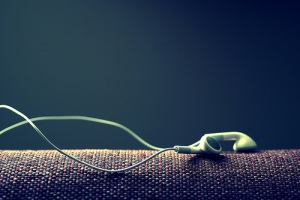Remember my “skin orgasms” post? Music and the effects on our physical and emotional bodies is anecdotally profound and just being understood by the scientific community. Sounds like the kids at MIT are also interested in the scientific study of music.
I stumbled on this little gem in an article about MIT’s history of innovation…
Yo-Yo Ma’s cello may not be the obvious starting point for a journey into one of the world’s great universities. …
The cello is part of the Opera of the Future lab run by the infectiously energetic Tod Machover….
It looks like any other electric classical instrument, with a solid wood body and jack socket. But it is much more. Machover calls it a “hyperinstrument”, a sort of thinking machine that allows Ma and his cello to interact with one another and make music together.
When Machover was developing the instrument, he found that the sound it made was distorted by Ma’s hand as it absorbed electric current flowing from the bow. Machover had a eureka moment. What if you reversed that? What if you channelled the electricity flowing from the performer’s body and turned it into music? More on MITs 150 years of maverick genius
Which of course sent me to the Opera of the Future site. As it turns out, the hyperinstruments project is pretty old news. One of the most interesting new projects is the Music, Mind and Health project which deals with the intersection of emotions and mental health:
Music affects us in ways that are more direct and substantial than just about any other stimuli. But how, and why is music so meaningful? Furthermore, can the unique status of music be leveraged for the betterment of our health?
One area of study focuses on music’s emotional impact.
We have recently begun a series of experiments into various methods of measuring emotional responses to music. Our first pass involved having listeners select a subset of emotional descriptors (chosen from prior studies of musical emotion) and assign a strength rating to each selected word….
We are exploring non-verbal “reactions” to music as an alternative means of measuring emotional responses. These experiments are in the early stages but ongoing.
Ok, it’s still a little academic at this stage, but fantastically interesting. I can’t wait to hear more of what comes out of these projects.
